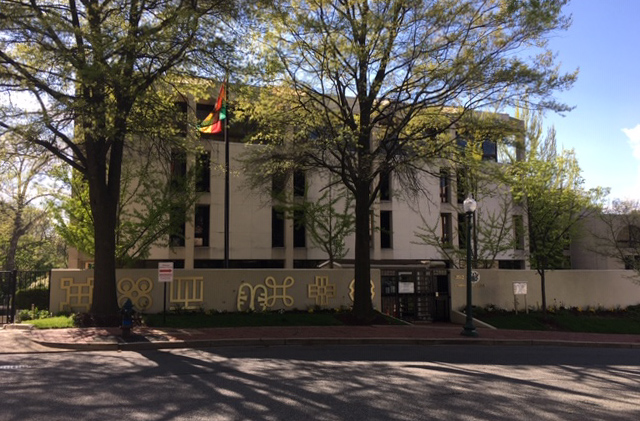
Tchiani Sworn in as Niger’s Transitional President for Five Years

General Abdourahamane Tchiani has been sworn in as Niger’s transitional president for five years under a newly adopted charter. The ceremony took place on Wednesday in Niamey, the country’s capital, marking the official start of the transition process.
Tchiani, who led the coup that ousted President Mohamed Bazoum in July 2023, was also promoted to the highest military rank of army general. Shortly after assuming office, he signed a decree that dissolved all political parties. This makes way for the restructuring of Niger’s political landscape.
The five-year transition follows recommendations made during a national convention held from 15 to 19 February in Niamey. The gathering brought together 716 civil and military representatives, including former ministers, legal experts, military officers, academics, religious leaders, and civil society members. A national commission, chaired by traditional leader Dr Mamoudou Harouna Djingareye, oversaw the process.
Delegates at the convention proposed a 60-month transition period, which they said could be adjusted depending on security conditions. They also recommended granting amnesty to those involved in the coup and offering concessions to soldiers convicted of attempting to overthrow past governments in the last decade.
The convention further endorsed the dissolution of existing political parties and the establishment of a new political charter. Mme Barry Bibata Niandou, the general spokesperson of the conference, confirmed that the delegates agreed to uphold Niger’s republican system while preserving its democratic and social values. They also recommended officially granting Tchiani the title of “President of the Republic” as head of the ruling National Council for Safeguarding the Homeland.
After the coup, Tchiani had initially proposed a three-year transition to civilian rule, but the Economic Community of West African States (ECOWAS) rejected the plan and threatened military intervention. Niger, alongside Mali and Burkina Faso, eventually exited the regional bloc earlier this year.
Read More: Angola Withdraws from Mediating Between DRC and M23 Rebels After Failed Talks
Mali: Government Reduces Fuel Prices to Ease Financial Burden on Citizens
About The Author
Related Articles
Cotê D’Ivoire: Thousands Rally in Abidjan as Opposition Demands Electoral Reforms Ahead of October Election
Thousands of opposition supporters gathered in Abidjan on Saturday, May 31, to...
ByJoy ChukwuJune 1, 2025Togo Stops Issuing Mining Permits to Reform Outdated Mining Code
Togo has suspended the issuance of new mining permits for prospecting and...
ByJoy ChukwuJune 1, 2025ICYMI: Ghana Shuts Down Washington Embassy Over Visa Fraud Scandal
Ghana has temporarily closed its embassy in Washington, D.C., following the uncovering...
ByJoy ChukwuMay 31, 2025Confederation of Sahel States Moves to Establish Joint Judicial Body
The Confederation of Sahel States (CSS), comprising Mali, Niger, and Burkina Faso,...
ByJoy ChukwuMay 31, 2025












Leave a comment